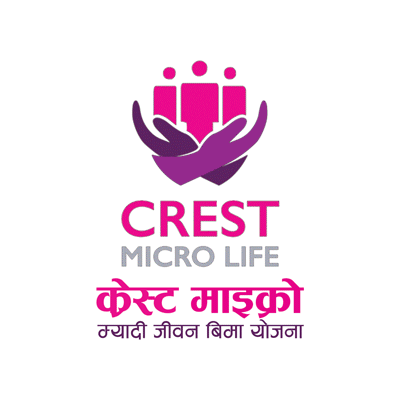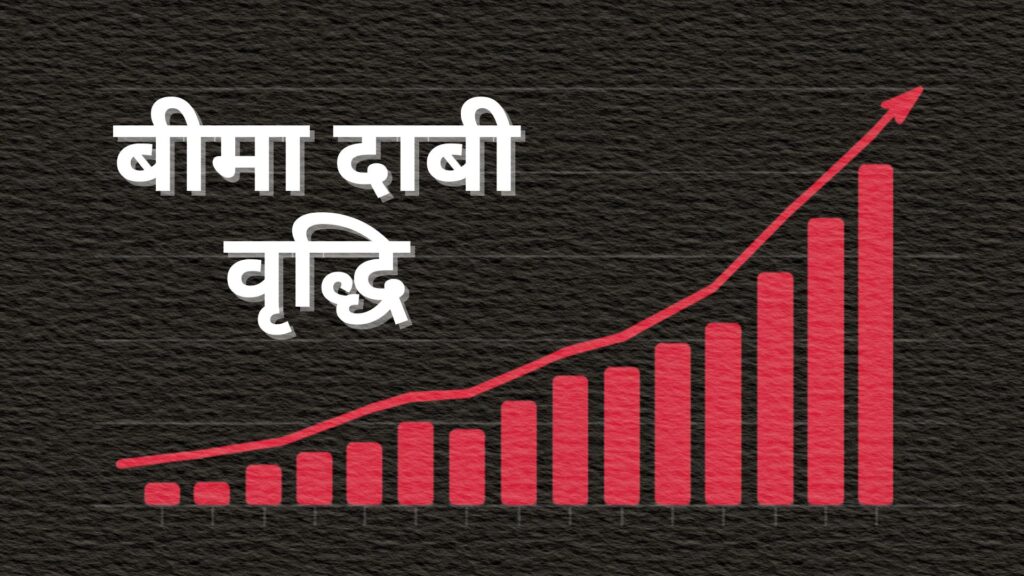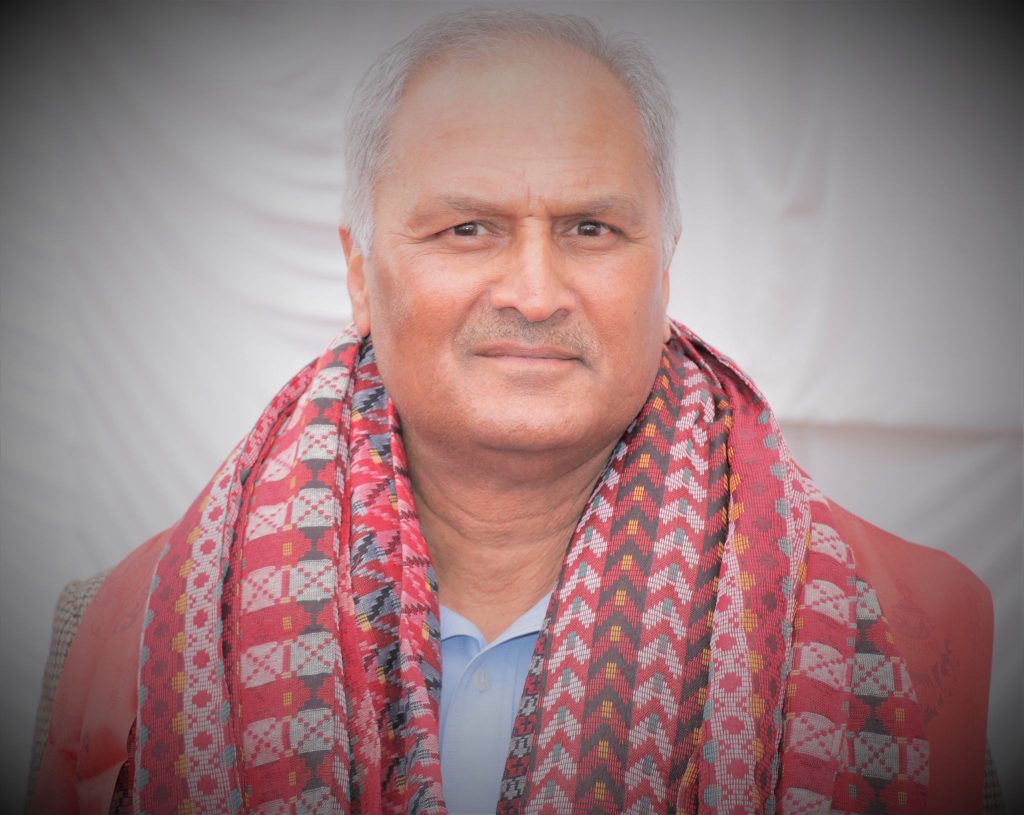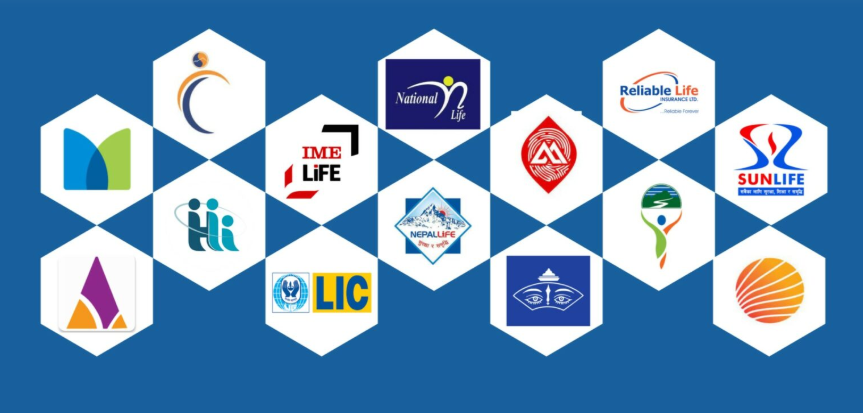Kathmandu. There are 35 licensed insurance companies operating in the Nepali market, including micro and traditional insurers. Insurance companies have introduced insurance policies of different nature and specialties, keeping in mind the needs of different categories of insured.
As part of the government’s strategy to provide easy access to insurance for the poor, backward and marginalized classes through specialized insurance companies, instead of the old insurance companies that have been doing traditional insurance business, licenses have been granted to 4 micro non-life and 3 micro life insurance companies. To cover the marginalized and underprivileged classes under the umbrella of insurance protection, small insurers have also introduced insurance policies with low premium rates and small sum assured.
It is high time that insurance companies also considered the economic upliftment and inclusion of women, who constitute more than half of the country’s total population. No insurance company, whether life or non-life, has been able to introduce insurance plans targeting women, who constitute such a large portion of the total population. For micro-insurers that came into existence for the upliftment of the marginalized class, women can be a suitable option to fulfill their corporate social responsibility along with expanding their insurance business.
Indraraj Subedi, Senior Policy Officer at IME Life Insurance Company, who has prepared a research paper titled ‘Effectiveness and Access to Life Insurance Products for Women in Nepal’, said that since there is no concept of insurance plans according to customer needs in Nepal, there is no special plan for women or insurance plans according to the needs of the insured. ‘If insurance plans are introduced according to the needs of the insured, people’s attraction to insurance will increase, and this will also expand access to insurance,’ he said.
The insurance regulator Nepal Insurance Authority has also introduced certain types of insurance policies to address the demands and needs of certain sectors and to discourage distortions that may occur through insurance policies. While the authority itself has prepared special types of insurance policies and introduced them through all insurers, it has not shown any interest in preparing or introducing insurance policies targeted at women.
In Nepal’s life insurance market, 14 companies have introduced more than 100 insurance policies under different names. Even with such a large number of insurance policies in circulation, no insurance policies of a specialized nature for women have been seen in existence. The Nepali market is realizing the need for specialized insurance policies targeting the economic background, savings capacity, nature of employment, income stability, and risks associated with their profession and business, including housewives, female professionals, female farmers, female entrepreneurs, and others.
Women’s groups, mothers’ groups, savings groups, women health volunteers, small women entrepreneurs, women farmer groups, women cooperative members, women farmers, women livestock keepers, and women from poor families with extremely low income levels should be guaranteed protection through special insurance policies.
Chunki Chhetri, President of Nepal Insurance Association, the organization of non-life insurance, said that there is a need for an inclusive insurance plan to cover all types of women. “Earlier there was an insurance policy targeted at women, but it was later closed,” he said. “Now, talks are underway between insurers to bring special insurance plans for women in different sectors and situations.”
Chhetri, who is also the CEO of Sagarmatha Lumbini Insurance Company, says that such policies are necessary to make women feel safe and empower them.
When proposing any woman as a proposer or insured for life insurance, insurers do not prioritize insuring housewives as much as possible. Since housewives are financially dependent on the male member of the household or any other member, the insurer’s first priority is to insure the member who earns income from a job or business.
Even as housewives, women play an important role in indirectly contributing to financial savings within the household. When women stay at home and take care of the cleaning, maintenance, cooking, care, shopping for daily necessities, and ensuring regular supplies, the rest of the members feel comfortable and confident to carry out their daily routines.
It is a standard under the risk assessment process of insurance companies to prioritize income-earning individuals as insureds, keeping in mind the aspect of insurable interest.
Insurance Authority Information Officer Nirmal Adhikari said that the authority is studying to bring a special insurance scheme for women. “We are still studying the issue of which categories of women are not participating in insurance access,” he said. “Various donor organizations are also doing their homework on this.”
The official said that insurance companies themselves can come up with special insurance plans targeting women based on the market needs. “The authority can also come up with and implement an insurance plan,” he said. “The authority’s focus is also focused on that.”























